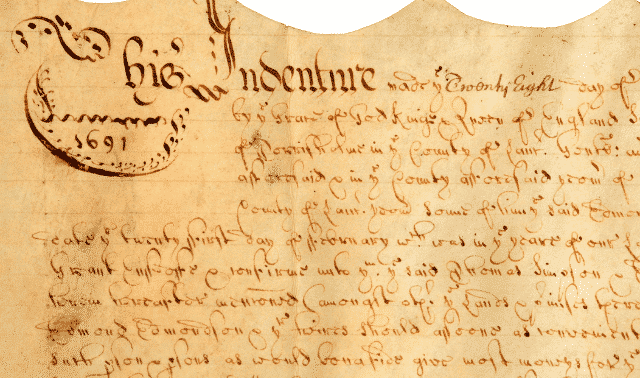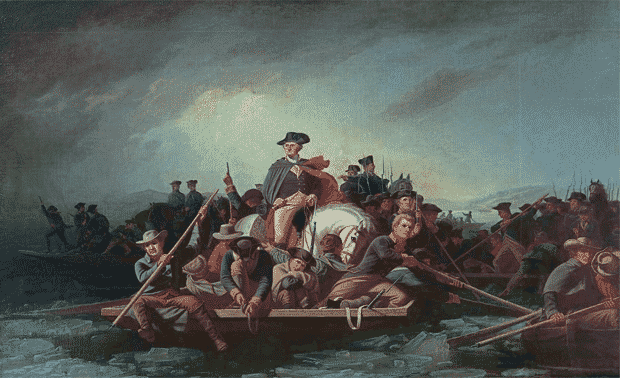Sign up for the Family Tree Newsletter Plus, you’ll receive our 10 Essential Genealogy Research Forms PDF as a special thank you!
Get Your Free Genealogy Forms
"*" indicates required fields
A. The government didn’t began requiring ships to keep passenger lists until 1820, so before then, few immigration records exist. Here are some sources you can check:
- Philadelphia passengers from 1729-1808, listed online, with the originals on microfilm at the Pennsylvania state archives.
- Boston ship cargo logs from 1715-1716 and 1762-1769, published in Port Arrivals and Immigrants to the City of Boston by William H. Whitmore (Genealogical Publishing Co.). The subscription site Ancestry.com has a digitized version of this book.
- Though not passenger lists, records of an ancestor’s court case could provide plenty of immigration information. Colonial court records often are in state archives; you also may find some microfilmed by the Family History Library (FHL). Run a place search of the online catalog on your ancestor’s county or town. Visit your local branch Family History Center to rent FHL microfilm.
- During the British Colonial period, non-English immigrants had to apply for citizenship, often by signing oaths of allegiance upon arrival. Look for these, too, at state archives and on FHL microfilm.
- Newspapers in port cities such as Philadelphia and Boston may mention arriving ships. The subscription service GenealogyBank has many Colonial-era papers; historical societies in those towns also are likely to have papers on microfilm. You can use the Library of Congress’ Chronicling America site to identify newspaper titles to look for.
- The Great Migration project, hosted by NewEnglandAncestors.org, publishes a Web site, book series and newsletter with information about early immigrants. A 1620-to-1640 surname index is free; most of the information is by subscription.
Keep in mind that ancestors’ names aren’t always recorded as we think they should be. Your immigrant relative may have been recorded under his middle name or a nickname rather than his first name; or the name you know him as may be the middle name.
Continue researching your ancestor in whatever records you can find, even those unrelated to his immigration. If a resource helps you pinpoint his place of origin, you can start researching his life in his ancestral homeland—and then maybe you’ll learn when he departed.
Learn about other resources that may provide early immigration information on FamilyTreeMagazine.com and in the July 2007 Family Tree Magazine.
ADVERTISEMENT




